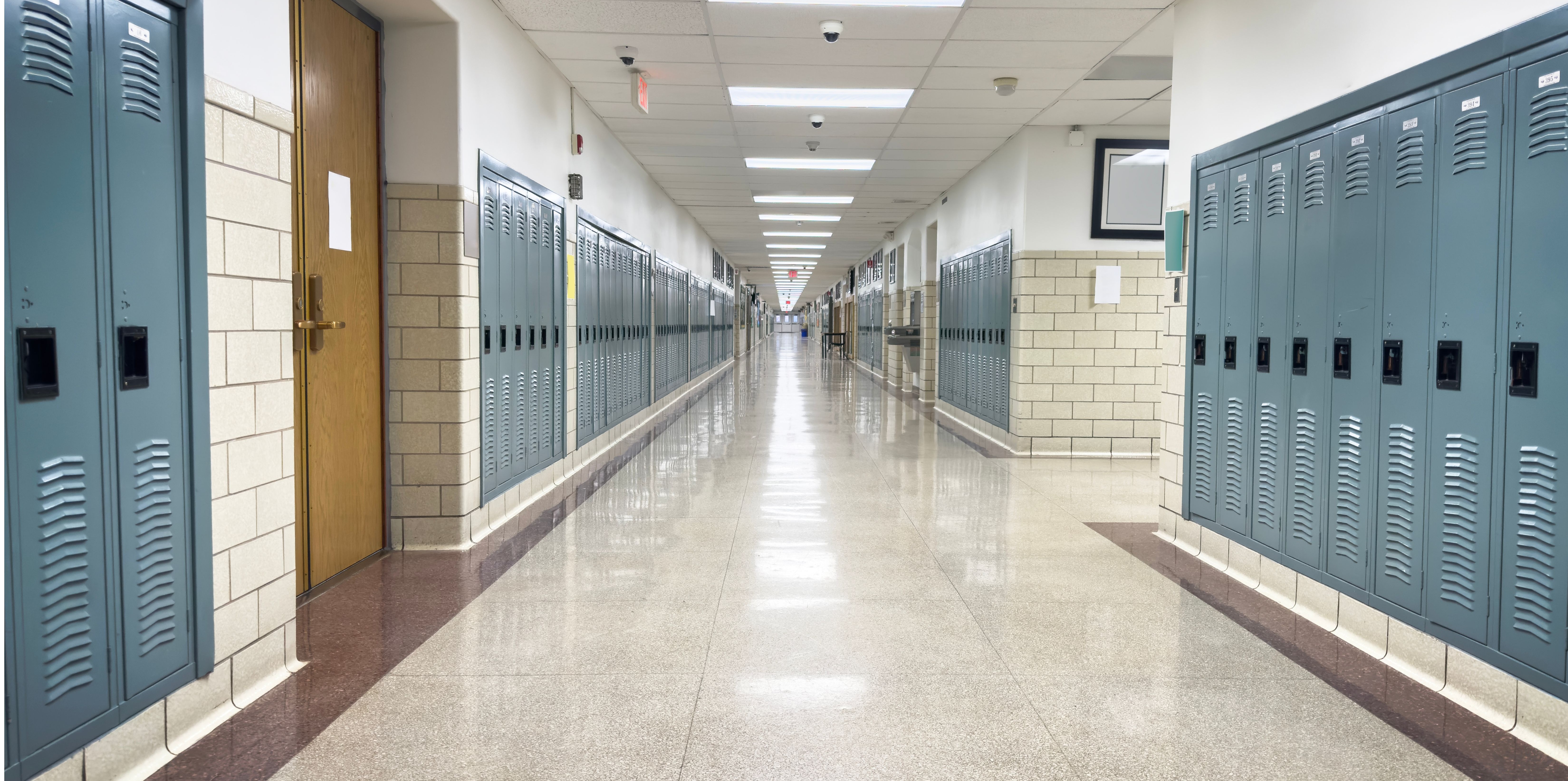Inside the School Enrollment Shift

Inside the School Enrollment Shift
New research explores the impact of declining public school enrollment in the years following the pandemic
New research from BU Wheelock reveals striking shifts in where Massachusetts families are choosing to send their children: public school enrollment has dropped 2% statewide, while private school enrollment has climbed 16% and homeschooling has surged by 50%. The data show that the steepest public school declines have occurred in high-income districts, among White and Asian students, and in the middle grades. As school systems continue to grapple with post-pandemic recovery, these enrollment trends raise pressing questions about equity, funding, and the future of public education in the Commonwealth.
For this Conversations with the Dean, Dean Penny Bishop is joined by BU Wheelock’s Joshua Goodman, associate professor of education and economics, and Stacy Scott, senior lecturer, educational leadership & policy studies, as well as Mary Bourque (Wheelock’99,’08), executive director of the Massachusetts Association of School Superintendents. Goodman is also the director of BU Wheelock’s Educational Policy Studies program and a faculty affiliate of the Wheelock Educational Policy Center. Together, they discuss these enrollment trends and the pressing questions being raised about equity, funding, and the future of public education in the Commonwealth.
Watch the webinar
Highlights from the conversation
A range of contributing factors
There are a lot of different things going on putting different kinds of pressures on different kinds of communities and schools. And some of it is driven by parents looking for different things from their schools that they’re getting in private schools. And other pressures may be driven by families not enrolling their students anywhere, perhaps, or fleeing the jurisdiction for fear of immigration enforcement. So there are very different stories.
Joshua Goodman
What district leaders can do
Our superintendents, most certainly, are concerned because that impacts budget and it impacts resources. But we need to become diagnosticians—we need to ask . . . why are our students leaving? But also asking the question: Why are other families staying? . . . For many of our superintendents, it’s time to think about: Do we need to reassess? Do we need to reassess our programming? Our structures, our systems, our staffing models?
Mary Bourque
How to re-engage with families
Our greatest challenge is to figure out how we build trust again with our families. . . . The studies all show that increased engagement from parents improves outcomes for schools and for students in terms of attendance, in terms of student performance, and also just in terms of the overall sense of inclusion, and particularly the welcome that parents need to feel. So our first order of business is to think again about how we reach out to families.
Stacy Scott
Conversations with the Dean are a series of webinars hosted by Dean Bishop that explore some of the most pressing topics in education and human development. Learn more about Conversations with the Dean.
Comments & Discussion
Boston University moderates comments to facilitate an informed, substantive, civil conversation. Abusive, profane, self-promotional, misleading, incoherent or off-topic comments will be rejected. Moderators are staffed during regular business hours (EST) and can only accept comments written in English. Statistics or facts must include a citation or a link to the citation.